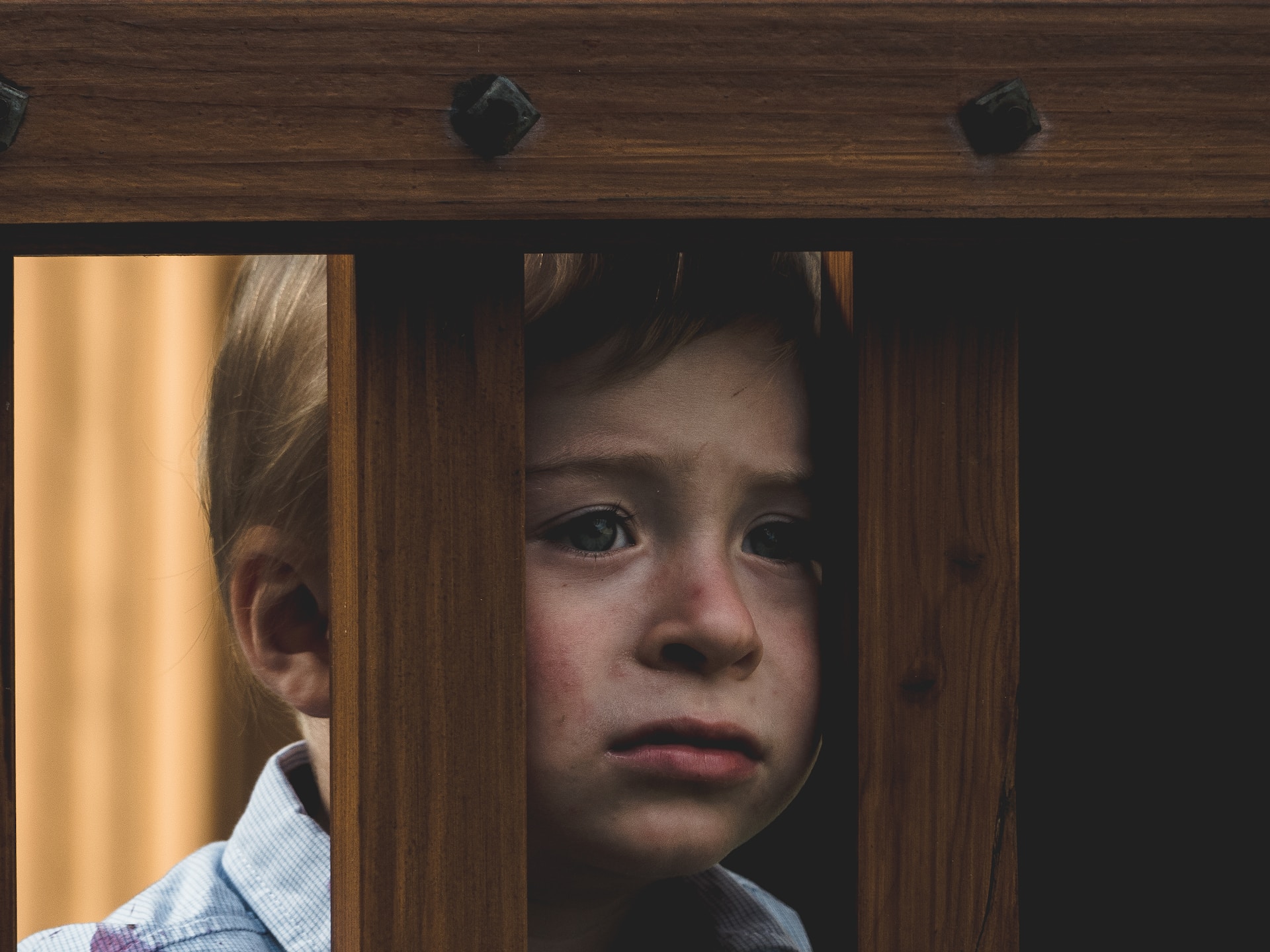How to preserve children from parental separation

If there is a middle child, it must be considered that every decision concerning the married life of his parents falls, for better or for worse, also and above all on him, who in general – due to age or unawareness of their experiences – he is extraneous to the reasons for the conflict and only suffers its consequences. The intervention of Francesco Provinciali
Parental conflicts usually involve very or relatively young children.
Starting from the first phase of adolescence, boys and girls partially compensate for the fact of being "contested" by both parents with opportunities for socialization outside the home, starting from school and visits from peers.
There is no shortage of due exceptions which, moreover, coincide with the most painful cases, those which present a high index of emotional involvement in the sentimental affairs of the father and mother, often experienced with painful participation.
This happens in particular when one of the two parents, if not both, more or less explicitly ask the son or daughter to take sides, to take their side, inevitably forcing his spontaneous feelings.
When the conflict becomes so bitter, punctuated by incongruous or harmful episodes and in any case by emotionally tangled situations, it is the parents themselves who widen the front of the dispute by mutually invoking the need for evaluations of the personological profile, and very often also for the child and behavioral, in order to identify and highlight any pathologies to be treated or removed.
Therefore, on their own initiative, they turn to "partisan technical consultants" (CTP) or request court-appointed reports (CTU), to have an analytical and detailed description of the child's character and behavior and perhaps even ask for it at the expense of the other parent.
If not motivated by those responsible for them, these are generally obsessive choices that exasperate and exacerbate already compromised realities, go in the direction of problematizing experiences and often force the children to exhausting, objectively unnecessary, therapeutic sessions.
Yet there are fathers and mothers who believe with lucid determination that this choice is part of their parental duties, like those that nature and common sense usually attribute to them: maintenance, affection, care, protection.
In other words: bread, love and expertise at 360°.
What puts fathers and mothers in competition for their children? Surely – before anything else – the fear of losing them.
It's not just the fear of depriving a relationship of 'physicality', of attendance, there is also anxiety, the concern that feelings, relationships, affections will be expropriated.
It is the reasons of the heart that push parents to spend themselves in the dispute: if ever there is one, it is the metaphor of the 'spear' and the 'shield' that most fully explains their behaviour.
On the one hand they must equip themselves for the defense to the bitter end: repel the attacks of the other contender, carve out a space for the management of the child, a kind of insurmountable fort, a garrison, a hard core from which to start to implement strategies of appropriation and conquest , moving further and further the boundaries of one's rights.
On the other hand, they are generally forced to attack first, trying to highlight the shortcomings of others, using the disputed child improperly: a 'ram head' to break through the opposing front.
When these strategies succeed, they usually produce harmful results for themselves and for the children themselves.
Whenever there are sentimental relationships that end, this does not usually happen suddenly and abruptly, it is generally a slow decline in emotional relationships that results in a sometimes unilateral and other times shared decision: to conclude, finish, move on. , maybe start over elsewhere.
If there is a middle child, it must be considered that every decision concerning the married life of his parents falls, for better or for worse, also and above all on him, who in general – due to age or unawareness of their experiences – he is extraneous to the reasons for the conflict and only suffers its consequences.
The story remains "three" (thinking of the typical case of two parents and a child) and in any case "in the plural" but must be rewritten from scratch.
Sometimes parents do it alone: they take note of the end of the relationship and civilly and peacefully share responsibilities, attendance, rights and duties concerning the offspring.
They manage to plan even such a delicate phase trying to avoid the trauma of the break for the son, they blur the presences, attenuate the tones of the separation, maintain a climate of cordial coexistence, create a more muffled environment perhaps involving other figures of sure emotional reference in the within the wider family nucleus (e.g. grandparents, uncles).
This implies, it is advisable to internalize this concept, that both parents know how to take a step back from the prevalence of their own reasons and a step forward towards the emotional and existential well-being of their child.
Obviously this "third party" interest can be recognized and respected only at the cost of giving up, on both sides, the desire to want to clarify everything, really everything, of a story that it would be more honest to accept in the evidence of the its topicality.
Acknowledging the end of a relationship is not an easy thing to metabolise: there are always events, accusations, shortcomings, episodes, facts, circumstances that inevitably re-emerge in the narration of the respective experiences.
This is a machine translation from Italian language of a post published on Start Magazine at the URL https://www.startmag.it/sanita/come-preservare-i-figli-dalla-separazione-dei-genitori/ on Sat, 01 Apr 2023 05:18:36 +0000.
